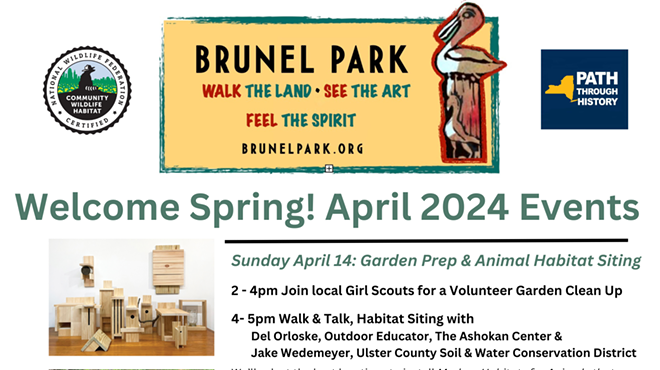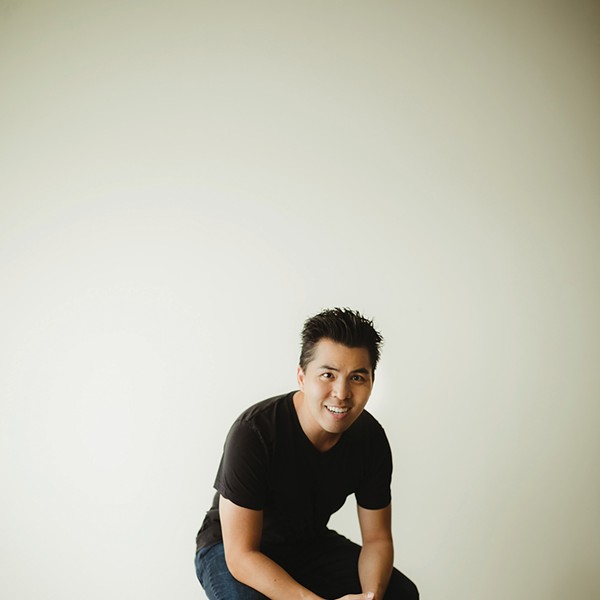—The Dorje Dradul of Mukpo
Esteemed Reader of Our Magazine:
Walking in the woods with my boys, two and four, we came to a rushing stream. The water poured through a channel between rocks, falling into a deep pool, foam collecting on the surface. We lay at the edge of the precipice looking down at the cascading designs as the endless gush made its way.
We were alone in the clearing but for a woman seated on the far side of the chasm, broadcasting solitude. Perched cross-legged on a smooth boulder near the bank, she gazed, as we did, into the surging drink. She didn’t look toward our rowdy triumvirate, and after a few moments got up and walked down the slope and out of sight.
Soon the boys were frolicking on the rocks, leaping over chasms, shouting and boasting about their speed and power. They launched volleys of stones at trees and into the water as we followed the stream to the place it reentered the forest. The woman was seated on the opposite bank, head down, her body convulsing gently.
The older boy stopped and looked at her.
“She looks so sad,” he said.
“Yes,” I answered. “She’s crying.”
“Why?” he asked in a way that sounded bereft, knowing there was no answer.
“Send her some love,” I suggested.
“How?” he asked.
“Feel love in your heart, and breath it out to her.”
I put my hand on his chest as he looked across the pool to the weeping woman. He stood still, and breathed, amidst the noise of the torrent and wind whipping his hair.
And then our little caboodle moved on along the bank, admiring water striders and balancing on a log that straddled the banks, the recent event gone from our consciousness like the water rushing past.
Later, in the evening, I was talking with a group of men on the subject of gratitude toward people who have impacted our lives in meaningful and positive ways. Images of people I have considered my teachers passed through my mind, and then I thought of the woman weeping on the far side of the stream.
She hadn’t intended to teach anything. In fact she was trying to be alone with her heartache, and yet she inadvertently evoked compassion, a rare feeling, in a man and a boy. Hers was a gift, secretly and unwittingly given.
Ironically, the most potent teachers aren’t intending to teach. They are simply living authentically. But it takes a special receptivity to be able to receive such subtle invitations to gain wisdom.
For better or worse, children possess a state of openness that allows them to be affected by delicate influences and impressions. Adults, on the other hand, have become calloused to the damage that sensitivity leaves one open to; which suggests a practical meaning of Jesus’s admonition “unless you turn and become like children, you will never enter the kingdom of Heaven.” We must become as children, again.
Every day I am confronted with teachers that show the limitations of my ability to stay open and related. Usually these are the people I am most connected to—my family, my coworkers, and my friends. When I tighten up, feeling righteous, outraged, or defensive, there is a knot that needs to be inhabited, and untied; there is an obstacle to learning from the other person in that moment.
Recently, in the heat of a deadline, a colleague told me, “I feel like you are continuously undermining me.” Hearing this aroused a flurry of defenses, justifications, and righteousness. “I am just trying to do my job!” I inwardly bawled.
But then we spoke. “I just need to know what’s going on, to communicate,” he said. “If you don’t tell me what’s going on, I can’t do my job.” And I realized I had sewn the seeds of the conflict by failing to inform. I realized the solution was precisely in relating, in communicating, in staying resiliently and openly connected.
The task before us all is to have the openness and receptivity of the child, together with the discernment and resilience of the adult. If we shrink from feeling connected because we fear injury, then we are shirking the task of truly growing up. We are denying the abundance of real life. Each time we truly engage with the suffering of others, or our own, our being grows and strengthens.

















